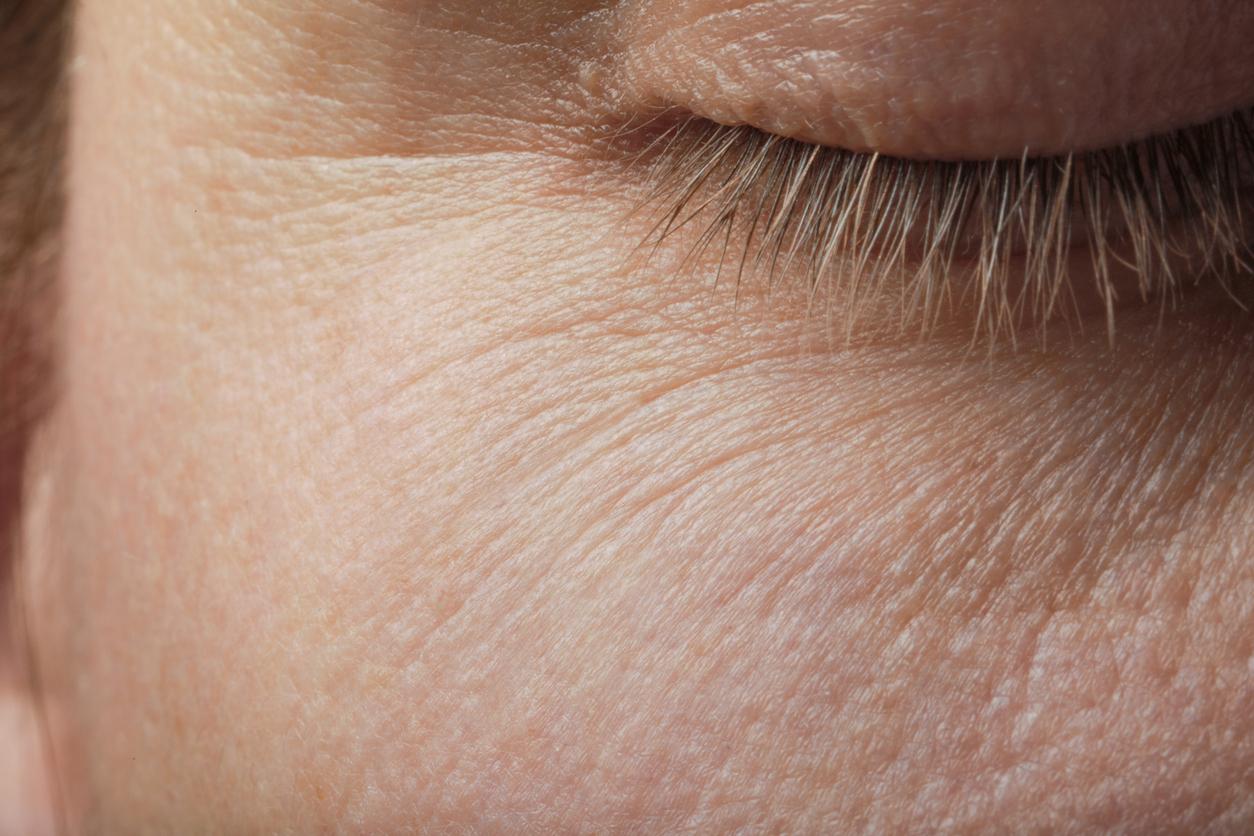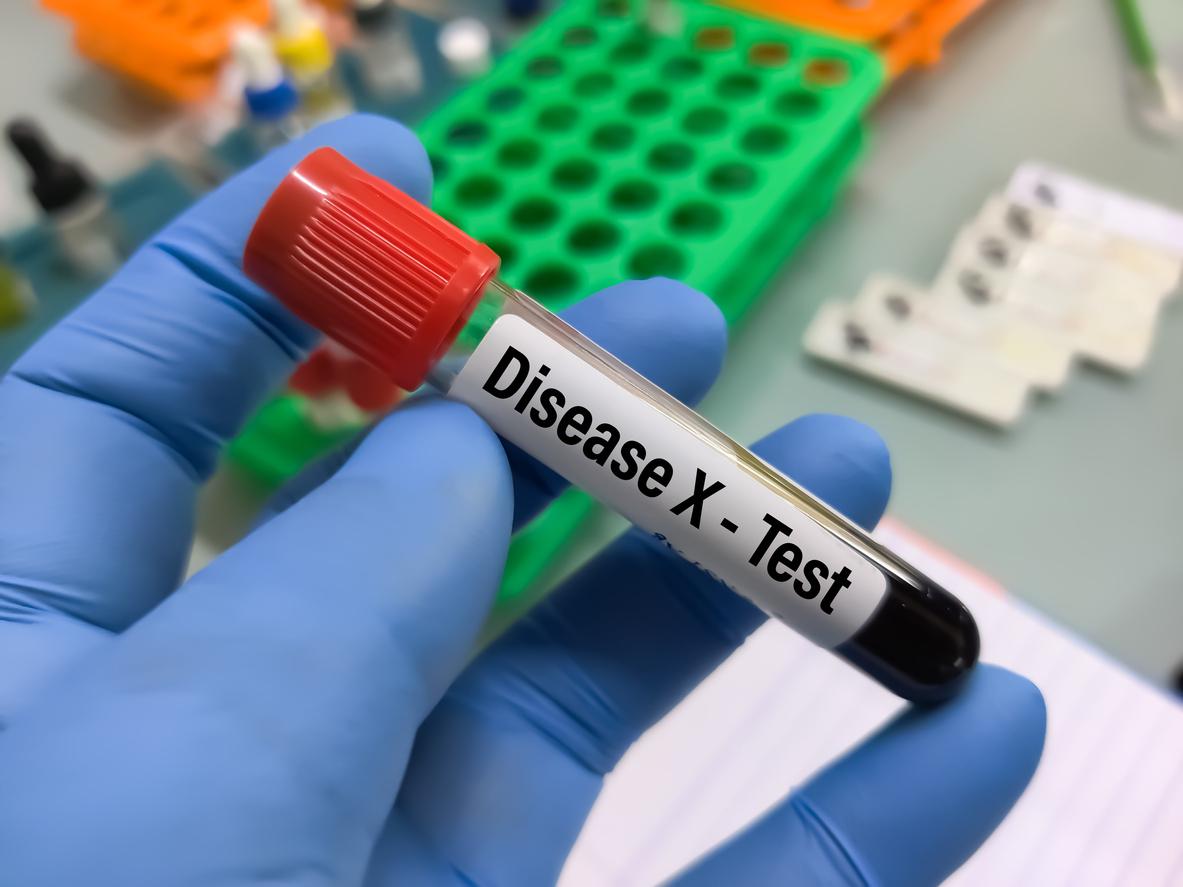October 8, 1999 – According to a study of 1,500 people with Ménière’s disease, 37% of them react positively to blood or skin allergy tests. This is more than double the average allergy rate which varies between 14% and 20% in the general population.
These results suggest that a dysfunctional immune response may trigger the symptoms of dizziness, ringing in the ears, according to the head of research, Dr. Jennifer Derebery of the School of Medicine at the University of South California in Los Angeles. and nausea that characterize Ménière’s disease. “Immunotherapy is quite effective in controlling the vertigo and tinnitus associated with Ménière’s disease for the majority of those who are allergic,” said the researcher.
The anatomy of the inner ear could explain that it is a target for histamine and other biochemicals released during allergic reactions. The main triggers for these reactions are airborne allergens (dust, mold and pollen) and food allergens, especially wheat. Some older antihistamines that cross the cervical barrier and nerve tissue can then be effective, unlike most common antihistamines.
According to the researcher, the best protection for patients with Ménière’s disease and food allergies is to simply avoid these foods. The experience of food and drug treatments at the House Ear Clinic and Institute in Los Angeles, where the researcher works, shows that these strategies make it possible to reduce and control the symptoms of Ménière’s disease over a long period.
HealthPassport.net
According to Reuters Health, September 30, 1999















